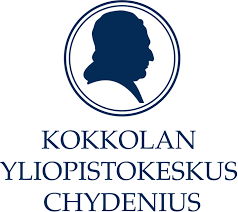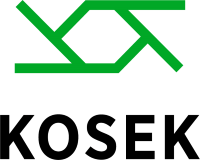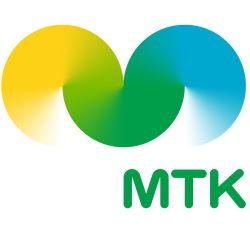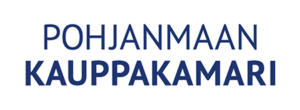About us
All three regional competence centers are committed to operate DIH daily work. Together they provide major impact to the local economy via supporting services and R&D activities. The outcomes of high-level European technology projects are constantly put to empower RiDIH services via new technological solutions.
Centria University of Applied Sciences acts as a leading partner of the Rural Industry DIH. Besides of having higher education in 3 campuses in the area, it’s R&D division has a long record in research projects, having typically running about 100 projects with over 8 M€ annual budget. Centria has also over 30 years of nationally acclaimed experience in co-operation with rural companies, providing testing, prototyping and consultation services in different business areas with annual volume of 1,5M€. From over 100 people working for Centria R&D, over 40 are solely dedicated to digitalization themes and serving Rural Industry DIH with all their professional ambition.
The University of Oulu Kerttu Saalasti Institute is an international research institute with a mission to provide evidence-based knowledge on micro-enterprises and their operating conditions. Our research theme is Operational Excellence of Micro-Enterprises. Kerttu Saalasti Institute provides knowledge from the perspectives of Micro-Entrepreneurship as well as Future Manufacturing Technologies and Regional Excellence that enable vitality and growth at the micro-enterprise level. Societal impact of research is our strength. Kerttu Saalasti Institute provides knowledge to support development of enterprises and communities in order to generate sustainable growth.
Kokkola University Consortium Chydenius acts as a joint institution in Kokkola, carrying out teaching and research under the auspices of the universities of Jyväskylä, Oulu and Vaasa. The Consortium’s areas of specialization mainly reflect those of its university partners: education, data processing, social sciences and regional studies, business and administration, natural sciences, and materials technology. The University Consortium offers both master’s and doctoral level education. In addition, it engages in scientific research, arranges a wide range of adult education courses, and accepts commissions from individuals and organizations within the region. Thus, its activities may be looked on as a modern attempt to combine the goals of educational, scientific, and regional policy under one roof.
These 3 competence centers share the responsibility of operational activities. All of them are non-profit academic institutions, and the aim of DIH is strictly non-commercial. Consortium behind these three main actors is composed of a comprehensive selection of regional economic development agencies, chambers of commerce, SME service organizations and companies. Together they form a substantial overall capability for strong regional impact. Commercial consortium members having profit organization status are not responsible of any operational work, as they have more a mentor-type role, also representing other commercial SME and MidCap field in the area. That way the needs and challenges of companies will be heard better in Rural Industry DIH.
In addition, Rural Industry DIH is collaborating closely with ROBOCOAST eDIH and DIHs such as 5GTNF, Arctic Drone Labs and SIX Smart Manufacturing DIH. Moreover, the dense ecosystem of international co-operation via S3 Agrifood, ERIAFF, ERRIN, Several European Industry associations and project consortiums are utilized in order to establish firm European-wide collaboration environment.
In Cooperation











